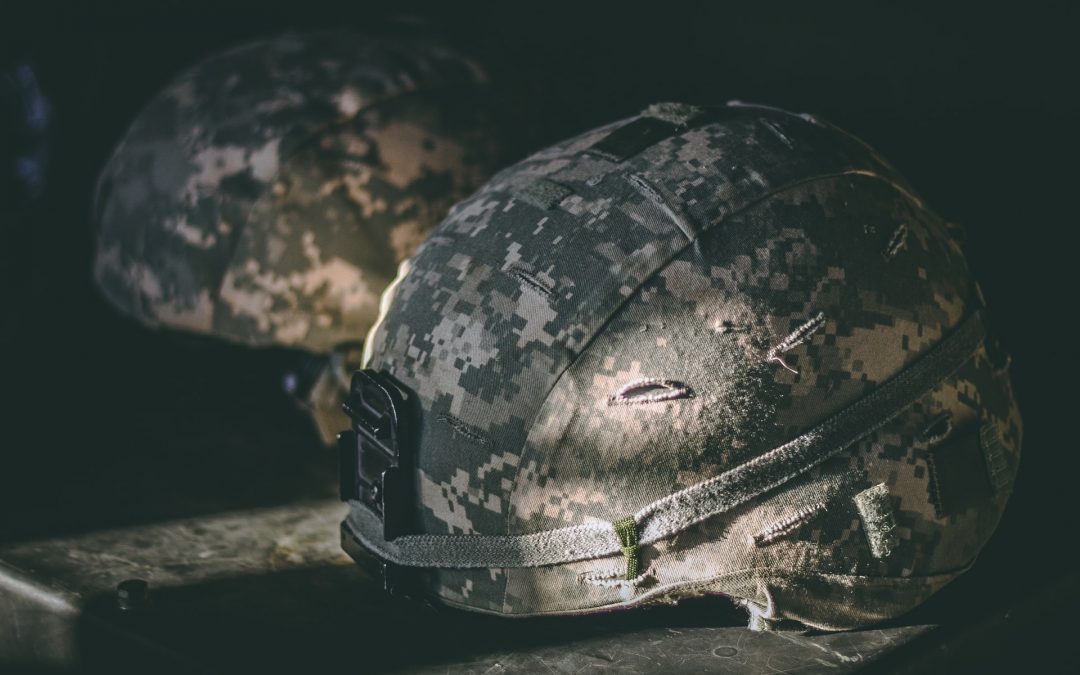The military has a lot of traditions. Many are good and serve a purpose, other’s – not so much. Sexual abuse in the military is one of them. I spent 8 years in the military and I’ve seen my share of both. Clearly things haven’t improved much in the 15 years since I got out. I find it interesting during the recent Senate hearings watching the top brass express their outrage at the situation. My experience is that senior officers are often the worst offenders. Not to color all the brass with the same brush, but when abuse is happening at the lower levels, it doesn’t get much attention. Sexual abuse and sexual discrimination by senior officers is much more visible, and in some cases blatant. Everybody knows, but no one talks.
Beautiful Girls
Most women like to be appreciated for their brains rather than their bodies. But the reality is that beautiful girls tend to get extra attention. The military is no different. Occasionally things go beyond that. I remember one new airman that joined our unit. I think she was supposed to be admin support, but she could easily have been a model. Within 2 weeks of her being assigned, a senior officer happened to see her and she was reassigned to the General’s staff. I don’t know what ever happened to her, but there was no official reason for her to be reassigned.
You would also see trends in General’s executive officers. The percentage of attractive 30 something blonds in these roles was well above statistical average. The same was true for jet pilots who flew General officers around. Most people who have been in the military have similar examples from their own experience. In many ways, you might see similar examples in the corporate world. Some of the main differences related to sexual abuse come in how things are handled, when things go beyond some referential treatment.
Commander’s Discretion
Usually when someone reports sexual harassment, sexual abuse, or similar issues, the base Inspector General will refer the issue to the unit commander for further investigation. The Commander in turn will typically assign a Captain or Major as the investigating officer. They are given authority to take statements, interview witnesses, and gather evidence.
I had to do this once in my career. Most people are afraid to talk to you, and if they do they usually don’t want their statements traced back to them. So you usually end up interviewing extra people just so the people who have information aren’t singled out. It usually takes a couple of weeks, and then you put together a formal report and return it to the Commander for further review/action. The Commander then provides a response to the Inspector General about whether anything was found and whether further action is necessary.
The problem here is that there is no requirement for the paperwork from the investigation to go the IG. And many times it doesn’t. I was ordered to submit all copies of the report to the Commander and to shred all working papers. I never learned the outcome, but I suspect the report ended in the shredder as well.
Once something becomes an official investigation, even in the case of a court martial, the ranking officer in charge has a final say in the matter. So even a formal finding of guilt can be vacated through Commander’s discretion. Such is the fate of all to many military sexual assault victims.
Fix the Problem (Translation – Make the Problem Go Away)
There are a lot of video clips this week of senior military leaders saying that the problem needs to be fixed immediately. The issue is that the problem isn’t getting worse, it is that victims are feeling more comfortable coming forward. Typically only about 15% of cases are reported. If you get up to 30% it suddenly looks like an epidemic to the outside world. Most people won’t see that aspect. We think all crimes are reported, and with sexual assault the opposite is true.
In the early stages, the more you educate, the greater the increase in the number of reported cases. People don’t know how to deal with this apparent opposite reaction. The easiest way to get the numbers to go down is to stop asking if there is a problem. It’s counter intuitive and it’s also counter productive. Unfortunately it is likely to happen. Senior military leaders need to educate those at all levels that this is the path to fixing the problem. During that time, they are going to need thick skins and provide a safe environment for all victims to come forward.
Steps Forward
I don’t know if the top brass will be able to create the enlightened environment they need so they can weather the storm until numbers actually start to drop. Removal of Commanders discretion is a big step forward. The days of abuse investigation files being tossed in a drawer or a shredder will quickly come to an end.
Let us know if we can help you dealing with your family’s sexual abuse situation. For ideas to get started please check out our book on what to do during the early days after disclosure.

